-
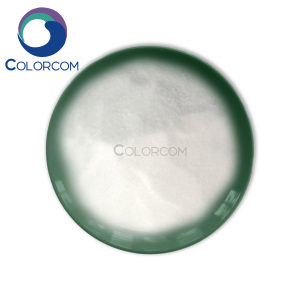
6-Benzylaminopurine | 1214-39-7
Product Description: 6-Benzylaminopurine (6-BAP) is a synthetic cytokinin plant growth regulator that belongs to the class of purine derivatives. It is commonly used in agriculture and horticulture to promote various aspects of plant growth and development. 6-BAP functions by stimulating cell division and differentiation in plants, leading to increased shoot proliferation, root initiation, and overall growth. It is particularly effective in promoting lateral bud development and branching... -
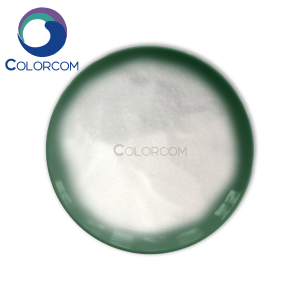
CPPU | 68157-60-8
Product Description: Forchlorfenuron, commonly known by its trade name CPPU (N-(2-Chloro-4-pyridyl)-N’-phenylurea), is a synthetic cytokinin plant growth regulator. It belongs to the phenylurea class of compounds. CPPU is used in agriculture and horticulture to promote various aspects of plant growth and development. CPPU functions by stimulating cell division and differentiation in plants, leading to increased shoot and fruit development. It is particularly effective in promoting ... -
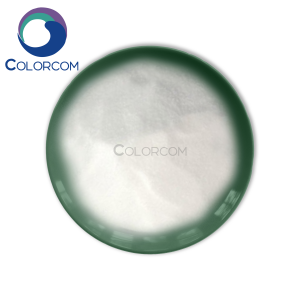
Triacontanol | 593-50-0
Product Description: Triacontanol is a long-chain fatty alcohol composed of 30 carbon atoms. It is naturally found in plant waxes, particularly in the epicuticular wax layer covering leaves and stems. Triacontanol has been studied for its potential role as a plant growth regulator. Research suggests that triacontanol may have positive effects on plant growth and development. It is believed to enhance various physiological processes in plants, including photosynthesis, nutrient uptake, an... -
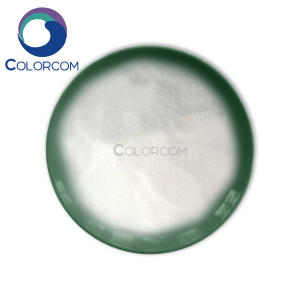
Brassinolides | 72962-43-7
Product Description: Brassinolides are synthesized naturally in plants from sterols, primarily campesterol and sitosterol. They are perceived by specific receptor proteins located on the cell surface, initiating a signaling cascade that regulates gene expression and physiological responses. Due to their role in plant growth and stress tolerance, brassinolides have gained attention as potential agricultural biostimulants and stress management tools. They are used in agriculture to improve crop... -
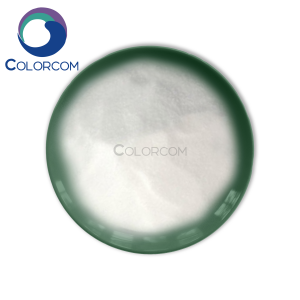
DCPTA | 65202-07-5
Product Description: DCPTA, which stands for N-(2-chloro-4-pyridyl)-N’-phenylurea, is a synthetic chemical compound known as a plant growth regulator. It is primarily used in agriculture and horticulture to promote the growth and development of plants, particularly in crops such as cereals, fruits, and vegetables. DCPTA functions by stimulating cytokinin activity in plants, which are a class of plant hormones involved in cell division, shoot initiation, and overall growth regulation. By... -
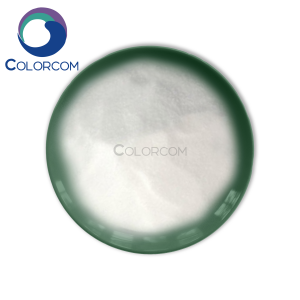
Paclobutrazol | 76738-62-0
Product Description: Paclobutrazol is a synthetic plant growth regulator widely used in agriculture and horticulture to control plant growth and improve crop quality. It belongs to the triazole class of compounds and functions by inhibiting gibberellin biosynthesis, a group of plant hormones responsible for promoting stem elongation and flowering. By inhibiting gibberellin production, paclobutrazol effectively slows down plant growth, resulting in shorter and more compact plants. This ch... -
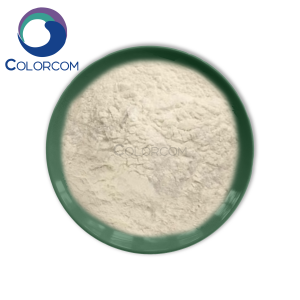
Abscisic acid | 14375-45-2
Product Description: Abscisic acid (ABA) is a plant hormone with crucial roles in regulating various physiological processes. It’s primarily known for its involvement in responses to environmental stresses like drought, salinity, and cold. When plants encounter stress, ABA levels rise, triggering responses such as stomatal closure to reduce water loss and seed dormancy to ensure germination occurs under optimal conditions. ABA also influences leaf senescence, stomatal development, ... -

Uniconazole | 83657-22-1
Product Description: Uniconazole is a synthetic plant growth regulator belonging to the class of triazole compounds. It is primarily used in agriculture to regulate plant growth by inhibiting the biosynthesis of gibberellins, a class of plant hormones responsible for promoting stem elongation and flowering. By suppressing gibberellin production, uniconazole helps to control excessive vegetative growth and improve crop quality and yield. Uniconazole is commonly applied to a variety of cro... -
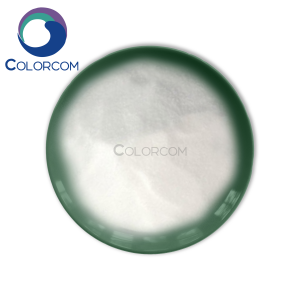
Mepiquat chloride | 24307-26-4
Product Description: Mepiquat chloride is a plant growth regulator that is commonly used in agriculture to control plant height and increase crop yields. It belongs to the class of compounds known as quaternary ammonium salts. Mepiquat chloride primarily works by inhibiting the production of gibberellins, which are plant hormones responsible for promoting stem elongation. By reducing gibberellin levels, mepiquat chloride helps to prevent excessive vegetative growth and lodging (falling o... -
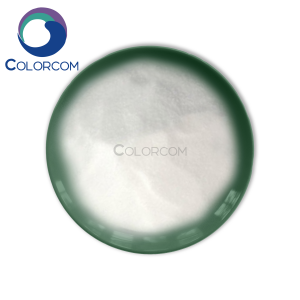
3-Indolebutyric aicd | 133-32-4
Product Description: 3-Indolebutyric acid (IBA) is a synthetic plant hormone belonging to the auxin class. Structurally similar to the naturally occurring plant hormone indole-3-acetic acid (IAA), IBA is widely used in horticulture and agriculture as a rooting hormone. It promotes the formation of roots in cuttings and enhances root development in various plant species. IBA works by stimulating cell division and elongation in the cambium and vascular tissues of plants, thereby initiating... -
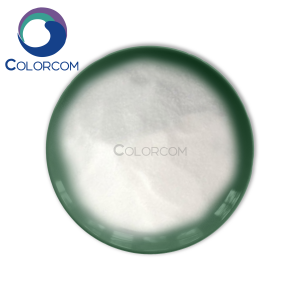
3-Indoleacetic acid | 87-51-4
Product Description: 3-Indoleacetic acid (IAA) is a naturally occurring plant hormone belonging to the auxin class. It plays a crucial role in various aspects of plant growth and development, including cell elongation, root initiation, fruit development, and tropisms (response to environmental stimuli such as light and gravity). IAA is synthesized in the meristematic tissues of plants, primarily in the shoot apex and developing seeds. It regulates numerous physiological processes by cont... -
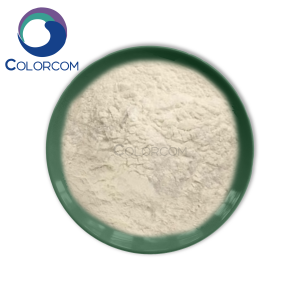
α-naphthaleneacetic acid | 86-87-3
Product Description: Alpha-naphthaleneacetic acid, often abbreviated as α-NAA or NAA, is a synthetic plant hormone and a derivative of naphthalene. It is structurally similar to the natural plant hormone indole-3-acetic acid (IAA), which plays a key role in regulating plant growth and development. α-NAA is widely used in agriculture and horticulture as a plant growth regulator, promoting root formation, fruit setting, and fruit thinning in various crops. It is also employed in tissue cul...

